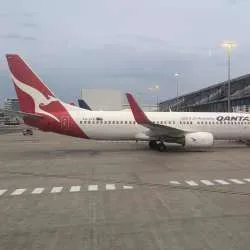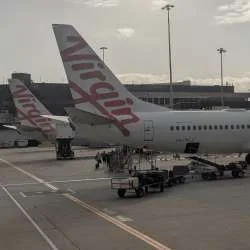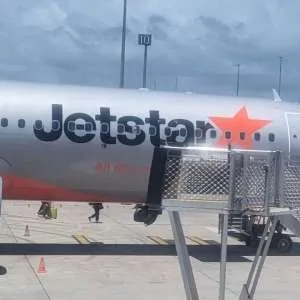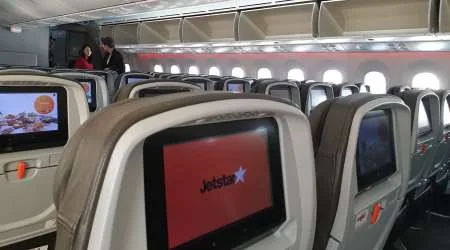
Tools & tips
Want more frequent flyer points right now?
Compare credit card sign-up bonuses to score thousands of points fast.
Australia's two biggest frequent flyer programs (Qantas and Velocity) have over 26 million members. But many Australians waste their points or (shudder) let them expire.
Our Points Finder experts know every trick in the book, and we're here to share those tips and tricks with you to help maximise your rewards and savings.
Meet Finder's points experts


Frequently asked questions
How do frequent flyer points work?
Australian frequent flyer schemes let you earn points based on flying, credit card spending and other activities, and then use those points to score flights, upgrades or other benefits. Airlines often partner with other travel and nontravel brands to help you accumulate more points.
How do I earn frequent flyer points?
You earn frequent flyer points typically by flying with your airline of choice. However, you can also earn points through credit cards, shopping and other activities.
How many frequent flyer points do I need for a flight?
Contrary to popular belief, you don't need millions of points to earn a flight. Qantas and Velocity both have reward flights for under 6,000 points on some routes.
How long do frequent flyer points last?
Unfortunately, you will lose your points if you stop earning or spending points. You typically have between 1-2 years to earn points or spend them on rewards to keep your account active. Check out our detailed guide to points expiry to learn more.
What are frequent flyer points worth?
The value of a point depends on how you choose to spend them. We've calculated how much 1 Qantas Point is worth and done the same for Velocity, but our general finding for most airlines is the same – you get the best value when you redeem your points on flights or upgrades.
Can I use points for an upgrade?
Yes. Most airlines, including Qantas and Virgin Australia, let you put in a request to upgrade your fare class with points. While not all requests are approved depending on availability, using your points for upgrades is generally a good way to get value from your points.











